Paranoid personality disorder is characterized by a pervasive distrust and suspiciousness of others such that their motives are interpreted as malevolent. While it is normal for people to experience paranoia about certain situations in their life, people with paranoid personality disorder take this to an extreme, to the point where it impacts every professional and personal relationship they have. Individuals with paranoid personality disorder assume that other people will harm, exploit, or deceive them, even if no evidence exists to support these beliefs. Because individuals with paranoid personality disorder lack trust in others, they have an excessive need to be self-sufficient and a strong sense of autonomy. They may need to have a high degree of control over those around them. Individuals with PPD are often critical of others, rigid, unable to collaborate, and have great difficulty accepting criticism. They are generally difficult to get along with and often have problems with close relationships. They are reluctant to confide in or become close to others because they fear that the information they share will be used against them. Individuals with PPD persistently bear grudges and are unwilling to forgive the insults, slights, or injuries they’ve received.
Studies estimate that PPD affects between 2.3% and 4.4% of the general population, and is more prevalent in males than in females. Paranoid personality disorder, like most personality disorders, is not diagnosed in children or adolescents, but mostly in adults. Personalities of children and adolescents are still developing so what may appear to be signs and symptoms of paranoid personality disorder may go away as children get older and become more mature. This pattern of behavior begins in early adulthood and is present in a variety of contexts.
The cause of paranoid personality disorder is not fully understood but there is an agreement that it is caused by a combination of factors. Genetics may play a role in the development of paranoid personality disorder. While there is no specific gene related to PPD, some studies of twins and families suggest that personality disorders may be inherited or strongly associated with other mental health disorders among family members, such as psychotic disorders (delusional disorders or schizophrenia). Environmental factors may also be linked to PPD. Research has shown that PPD can be a result of negative childhood experiences that can stem from being in a threatening domestic atmosphere.
To be diagnosed with paranoid personality disorder, according to the Diagnostic and Statistical Manual of Mental Disorders, the following criteria must be met:
There is no perfect way to approach a loved one that you assume or know has a paranoid personality disorder. People with paranoid personality disorder may not believe anything is wrong with them, so they may resist treatment or not listen to the concerns of their family and friends. Providing support and being aware of what their learning in treatment can be helpful.
Paranoid personality disorder can be a challenge to treat not only because individuals with PPD may not trust mental health professionals, but also because its symptoms reflect ingrained patterns of thinking and behavior. When considering treatment it is important to consider co-occurring conditions that may exist, which are common in individuals with PPD.
Psychotherapy
Psychotherapy is the most common method of treatment for paranoid personality disorder. Through psychotherapy, people with PPD may process and work through their interpersonal problems. A trusting relationship between the individual and their clinician is key because people with PPD struggle with trusting others. It may be extremely difficult to establish a trusting relationship with individuals due to the dramatic skepticism of patients with this condition.
People with paranoid personality disorder rarely initiate treatment and often terminate it prematurely. Treatment usually focuses on increasing general coping skills, especially trust, and empathy, as well as on improving social interaction, communication, and self-esteem.
Medication Management
To date, there are no drugs approved by the FDA that have been specifically created to treat paranoid personality disorder. Medications can be useful when treating certain symptoms that are typically associated with paranoid personality disorder, such as anxiety. They can also be used to help increase a person’s ability to engage in psychotherapy. Our psychiatrists work closely with patients to determine if medication can help alleviate symptoms and improve overall well-being.
Group Therapy
Connecting with others who share similar experiences can be incredibly validating and comforting. Our group therapy sessions provide a safe space for individuals with PPD to share their thoughts, fears, and successes while learning from others who are on the same journey.
Skill Building
We focus on equipping individuals with practical skills to enhance their interpersonal relationships, communication, and emotional regulation. These skills empower our clients to navigate social interactions with greater confidence and reduce feelings of isolation.
Family Therapy
We understand the importance of a supportive network. Our family therapy sessions provide a platform for loved ones to gain insight into PPD and learn effective ways to support their family member's recovery.
Embarking on the journey to healing from Paranoid Personality Disorder requires courage, commitment, and the right support system. At Clarity Clinic, we are here to stand by your side every step of the way. Our dedicated team of mental health professionals is passionate about helping you achieve lasting positive change in your life.
























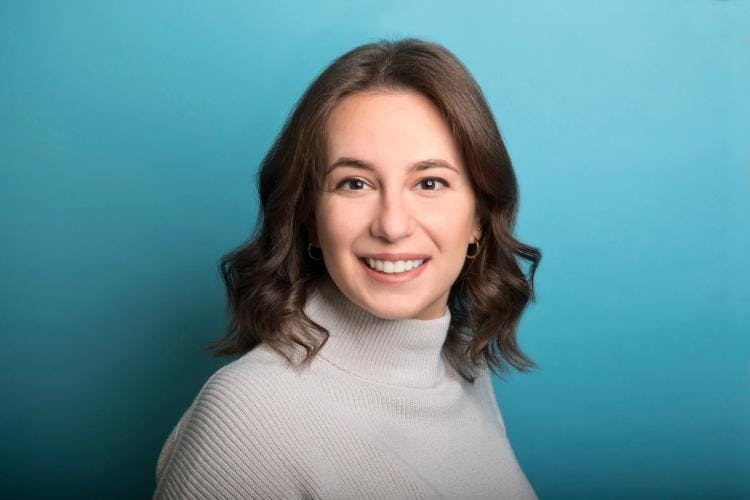




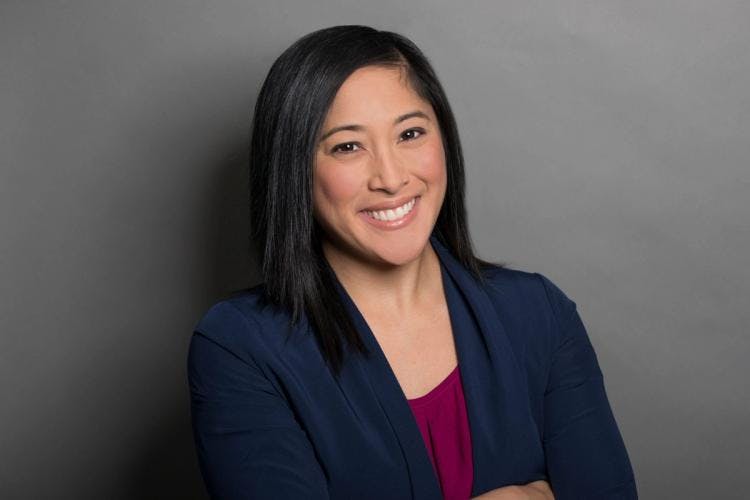

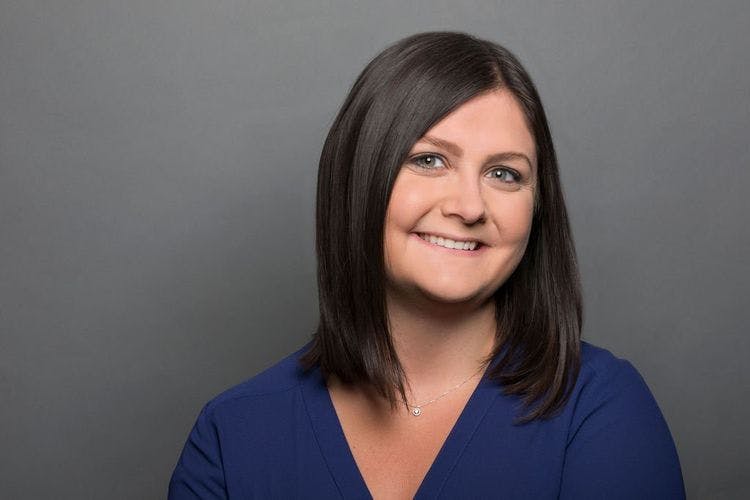






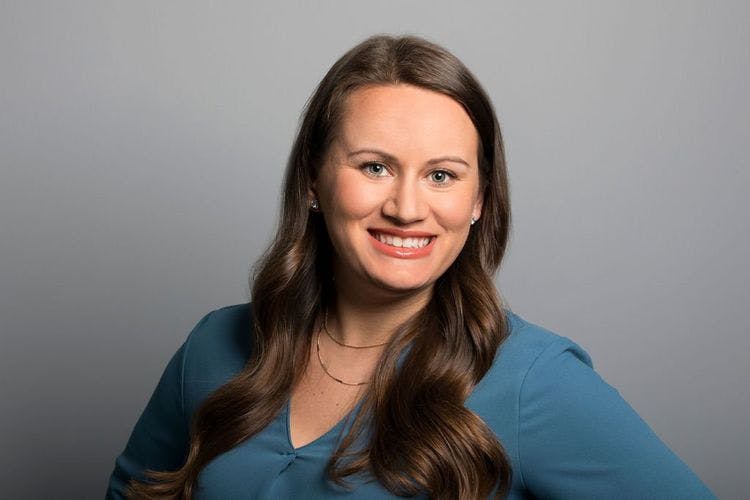



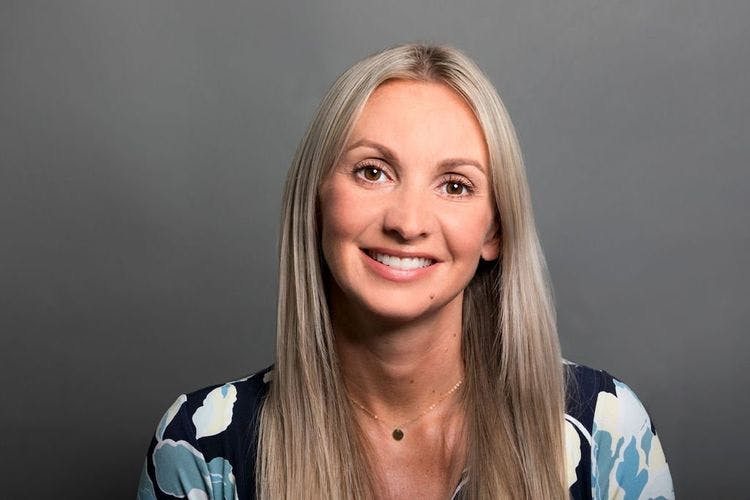







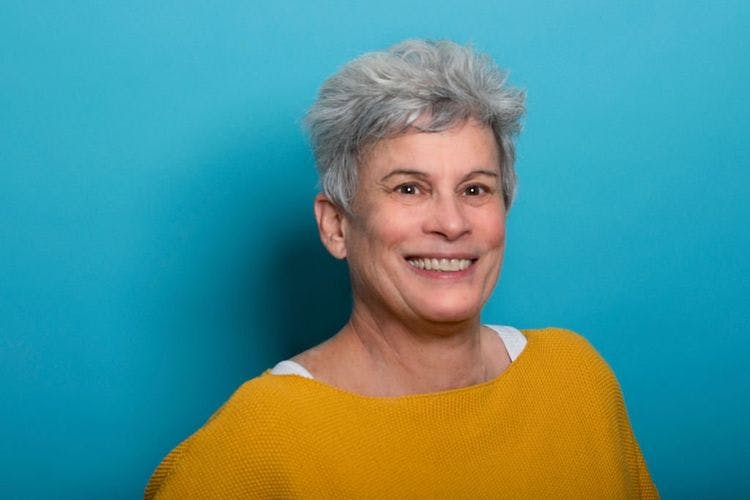
























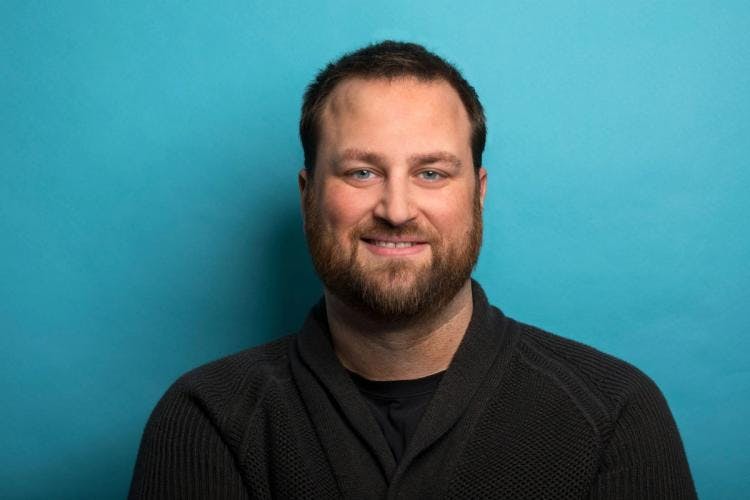


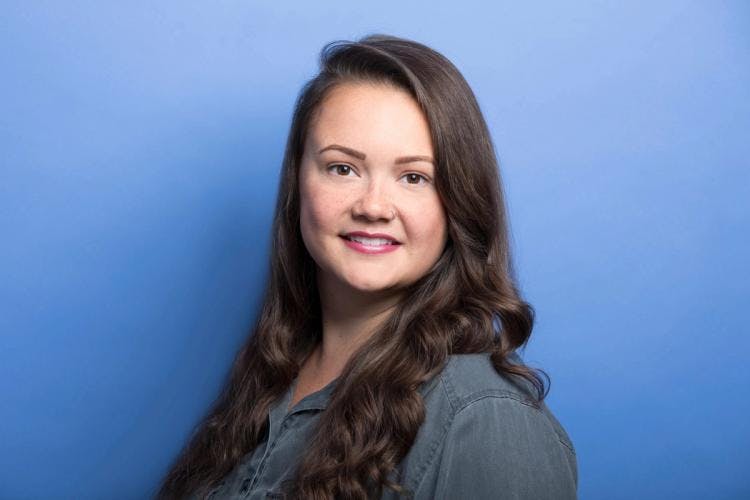

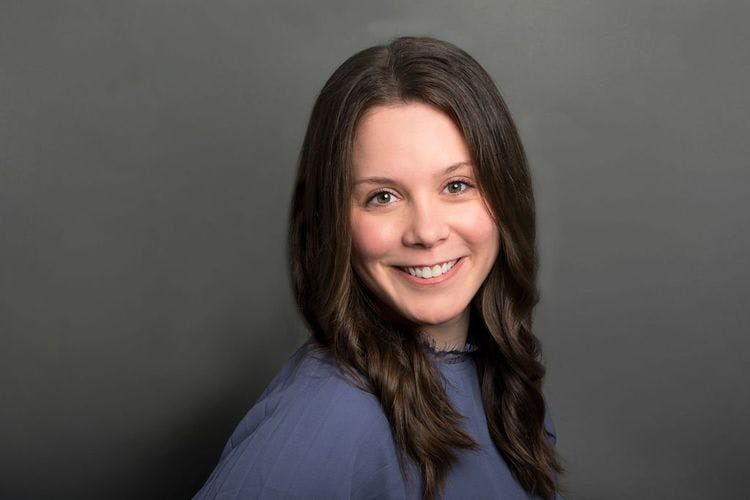


Our Services
Virtual/Online CarePHP and IOPAdult PsychiatryChild & Adolescent PsychiatryAdult TherapyChild & Adolescent TherapyCouples CounselingFamily TherapyGroup TherapyPsychological TestingTranscranial Magnetic Stimulation (TMS)